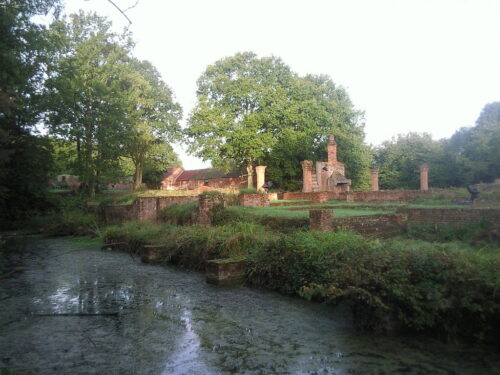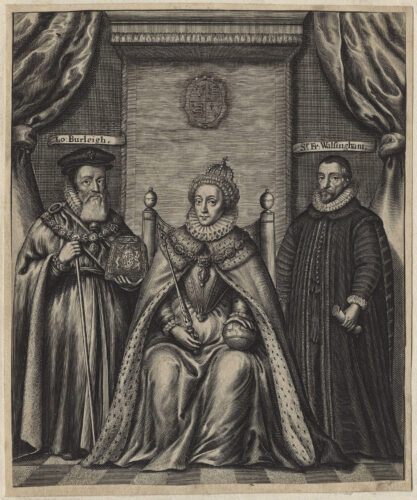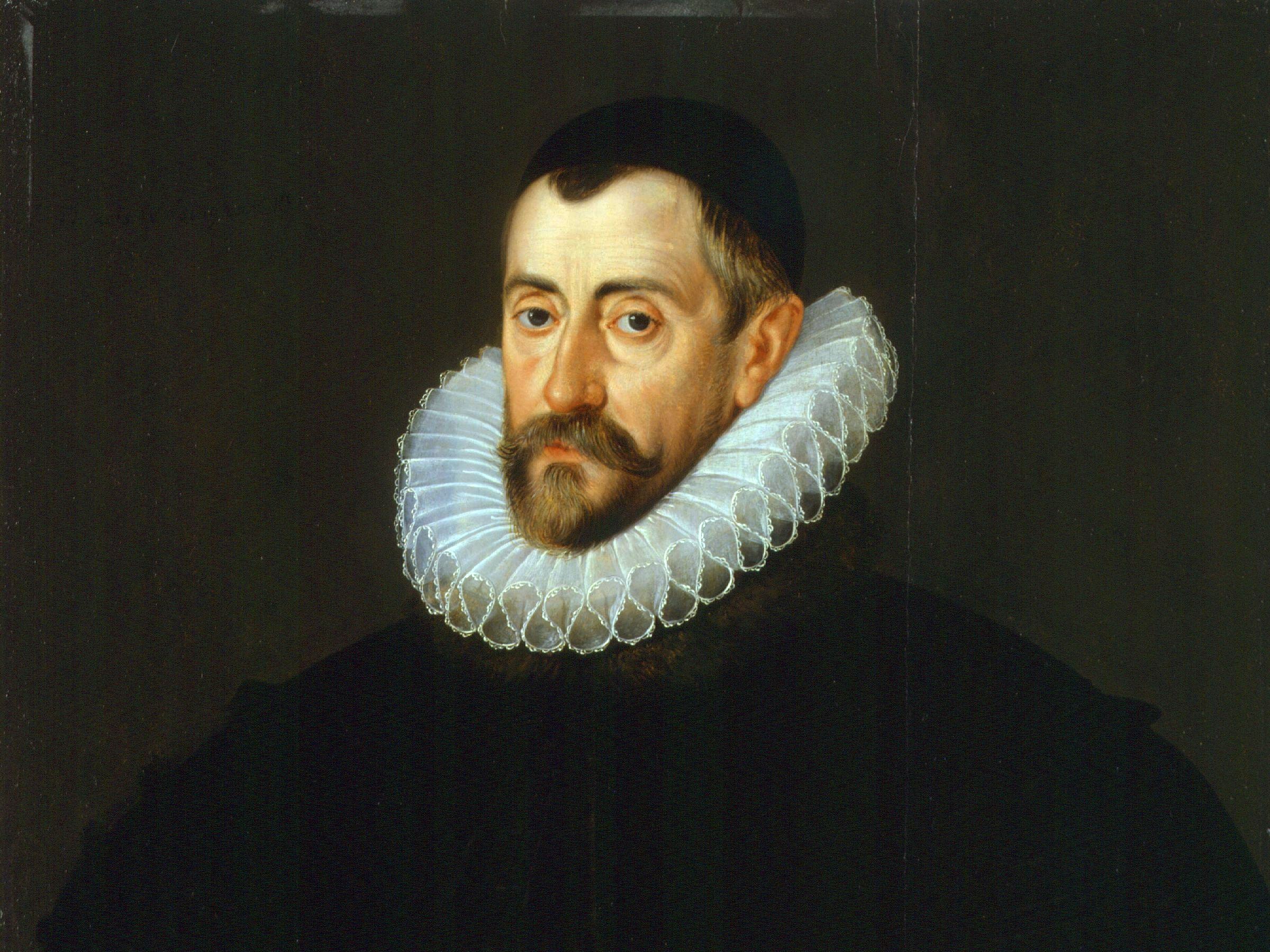Depiction of Sir Francis Walsingham, principal secretary to Elizabeth I. More commonly known as her spymaster
Sir Francis Walsingham, born around 1532, is a name that resonates through the annals of history as the architect of modern espionage. Serving as the principal secretary to Queen Elizabeth I of England from 20 December 1573 until his death on 6 April 1590, Walsingham is popularly remembered as her “spymaster”.
As one of Elizabeth’s principal secretaries, Walsingham attended daily on the queen, acting as the point of contact between the monarch and the council. As a privy councillor, he offered Elizabeth advice on the thorniest issues of the day.
However, their relationship was not without its challenges. The two had a fractious relationship. Elizabeth refused to commit herself to any set plan and also was irked by the convoluted politics of Scotland and France. The reluctance of his queen to commit to a strategy was in itself a way to secure her throne, but it meant that Walsingham experienced many unsuccessful diplomatic missions.
Early Life and Education
Born to a well-connected family of gentry, Walsingham attended Cambridge University and traveled in continental Europe before embarking on a career in law at the age of twenty. His mother was Joyce Denny, a daughter of the courtier Sir Edmund Denny of Cheshunt in Hertfordshire. His father was William Walsingham, a successful and well-connected London lawyer.

Rise to Power
A committed Protestant, during the reign of the Catholic Queen Mary I of England, Walsingham joined other expatriates in exile in Switzerland and northern Italy until Mary’s death and the accession of her Protestant half-sister, Elizabeth. Walsingham rose from relative obscurity to become one of the small coterie who directed the Elizabethan state, overseeing foreign, domestic, and religious policy.
Espionage Methods
Walsingham is credited with creating a highly effective intelligence network. He used an extensive network of agents across England and Europe, constantly gathering and processing information. He used all sorts of methods. Some of Walsinham’s practices would be considered unacceptable today by Western standards. As spymaster, Walsingham was responsible for the use of torture against anyone suspected of plotting against the Queen. In 1583, his spy network functioned perfectly.
His agents were offered training in a number of espionage techniques so that they could open mail, interpret codes and ciphers, and extract information in other ways. Among these were the use of dead-letter boxes, complex ciphers, and secret writing. Other schemes involved bribery, extortion, blackmail, forgery, and double or triple agents.
Walsingham created his own school for spies, which was a pioneering initiative in the field of espionage. This school provided training for recruits, many of whom came from prestigious universities like Oxford and Cambridge. The curriculum at Walsingham’s spy school was comprehensive and practical. It played a significant role in enhancing the effectiveness of his intelligence network. The trained spies were able to gather and process information more efficiently. The school’s innovative training methods laid the groundwork for modern espionage practices.

Legacy
Walsingham’s foreign policy demonstrated a new understanding of the role of England as a maritime Protestant power with intercontinental trading ties. He oversaw operations that penetrated Spanish military preparation, gathered intelligence from across Europe, disrupted a range of plots against Elizabeth, and secured the execution of Mary, Queen of Scots.
His methods and techniques laid the groundwork for modern espionage, and his legacy continues to influence intelligence agencies today. Sir Francis Walsingham’s contributions to the field of espionage were revolutionary for his time and continue to be relevant in the modern era.
*The views and opinions expressed on this website are solely those of the original authors and contributors. These views and opinions do not necessarily represent those of Spotter Up Magazine, the administrative staff, and/or any/all contributors to this site.

